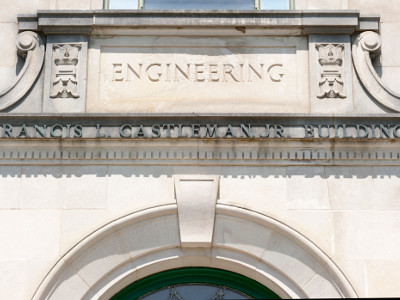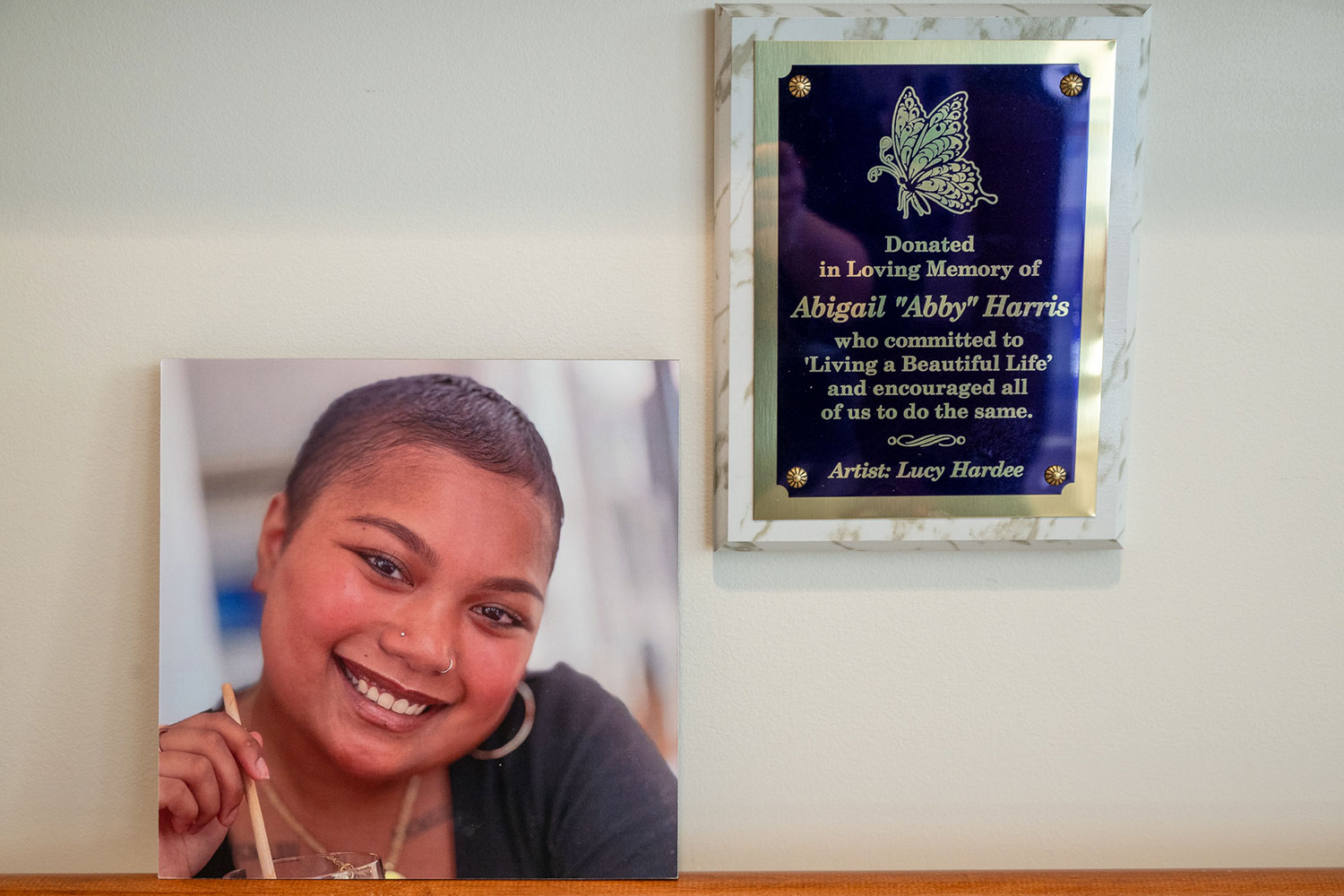A new program leverages the resources – and resourcefulness – of private enterprise, State agencies, and the University of Connecticut to jump-start new technologies while offering students an unmatched opportunity for hands-on learning. Earlier this year, KTI, Inc. of East Windsor, CT won a Small Business Innovation and Diversification Program (SBIDP) grant through Connecticut  Innovations that planted the seed for a partnership with the UConn School of Engineering. The SBIDP awards small manufacturing businesses grants of $5,000 to $25,000 (to be matched dollar-for-dollar) to advance innovative new technologies or services that might otherwise be too economically risky for small firms to pursue.
Innovations that planted the seed for a partnership with the UConn School of Engineering. The SBIDP awards small manufacturing businesses grants of $5,000 to $25,000 (to be matched dollar-for-dollar) to advance innovative new technologies or services that might otherwise be too economically risky for small firms to pursue.
KTI’s SBIDP provided the impetus for the 25-employee, 44-year old business to recruit an engineering undergraduate from UConn to design, build and test a device that will automate processes currently carried out manually – revolutionizing the company’s service capabilities. Under UConn’s Innovation Scholar program, the School of Engineering provided matching funds to further propel the commercialization effort.
KTI provides electron beam welding (EB) job shop services, custom EB strip welding, machining and both prototype and production services to customers across the globe, ranging from defense and aerospace firms to manufacturers of turbine parts, biomedical parts and sensors. The company is known for its high quality standards as well as its commitment to innovation. KTI pioneered a continuous strip welding process, for example, that sets the business apart from competitors. Unsurprisingly, KTI’s client list – unpublished for proprietary reasons – reads like a “who’s who” of the nation’s top-tier defense, aerospace and manufacturing companies.
Over the decades, as electron beam welding and manufacturing techniques have evolved, KTI has expanded its customer base to include companies that specialize in pressure, temperature and environmental sensing devices used, for example, in manufacturing and power plant settings; roadway, bridge and other transportation system to monitor fatigue and wear; and biomedical and biocompatible devices such as prosthetics, kidney pumps, medical implants and super-conducting wire for MRI machines, according to company President Howard Orr. He remarked that KTI’s work may also be found aboard the Hubble Space Telescope, International Space Station, several unmanned vehicles (drones), communication satellites, submarine sonar systems, airport security devices and many rocket and missile applications.
Mr. Orr said that although electron beam welding technology has remained fairly unchanged over time, KTI must continue to introduce new processes, improve operations and adopt advanced computer and electronic technologies to remain competitive. “What is changing is the technology associated with beam controls and part manipulation using CNC controls, robotics and new electronic data feedback systems. We need to continually improve our operation, automate and refine our processes in order to remain a leader.”
Equipped with the SBIDP grant and the matching funds supplied by the School of Engineering, KTI recruited Innovation Scholar Alexander Froning, who was selected through a competitive process. Alex logs up to 15 hours per week researching state-of-the-art technological developments for KTI and working on a project aimed at automating the processes by which parts are moved under the electron beam by using computer controlled devices and beam manipulation, processes that take place within a vacuum welding chamber. According to Mr. Orr, the project requires Alex to learn diverse skills such as computer numerical controls and robotics. Alex, who began working with KTI in September, will help to manage the installation, fashion the prototype parts, test and troubleshoot the unit. Mr. Orr noted that KTI is pleased with Alex’s performance and treats him “just like a regular employee.”
The partnership between KTI, UConn and CI emerged from Mr. Orr’s interactions with the School of Engineering’s Entrepreneur in Residence and industry liaison, Robin Bienemann. The two became acquainted at a number of business innovation functions, recalled Mr. Orr. “Robin urged us to get involved in the Innovation Scholar and senior design programs. I was initially concerned that we would have difficulty training and overseeing the work of college students, but it has worked out well,” he said.
KTI decided to expand its support of UConn engineering students to include four seniors engaged in the two-semester senior design “capstone” experience. Mechanical Engineering seniors Lauren Anderson, Andrew Napoli, Graham Clark and Ryan Gauvin are working with KTI engineers to understand and develop functional solutions for two distinct metallurgical problems in the aircraft industry, in partnership with one of the nation’s leading aerospace companies. The students are advised by UConn materials science professors Hal Brody and Rainer Hebert along with KTI’s Mr. Orr, and engineers Eric Welker, Rhody Triblets and Steve Wasseluk. The project brings together, for the first time, the resources and expertise of a large prime contractor, a small business and UConn students and faculty with the shared aim of solving real and significant manufacturing challenges.
Peering into his crystal ball, Mr. Orr said “We are looking into freeform fabrication (FFF), also called additive manufacturing, and processes such as EB wire feed, and laser sintering and cladding. These processes will be the industry standards in the coming years, and they’ll revolutionize manufacturing.” It’s a sure bet that KTI will be at the technological forefront helping to transform the materials joining industry; not only is KTI investing in these novel technologies, it’s also a member of the F42 Council, an international committee charged with establishing the industry standards on freeform fabrication.



